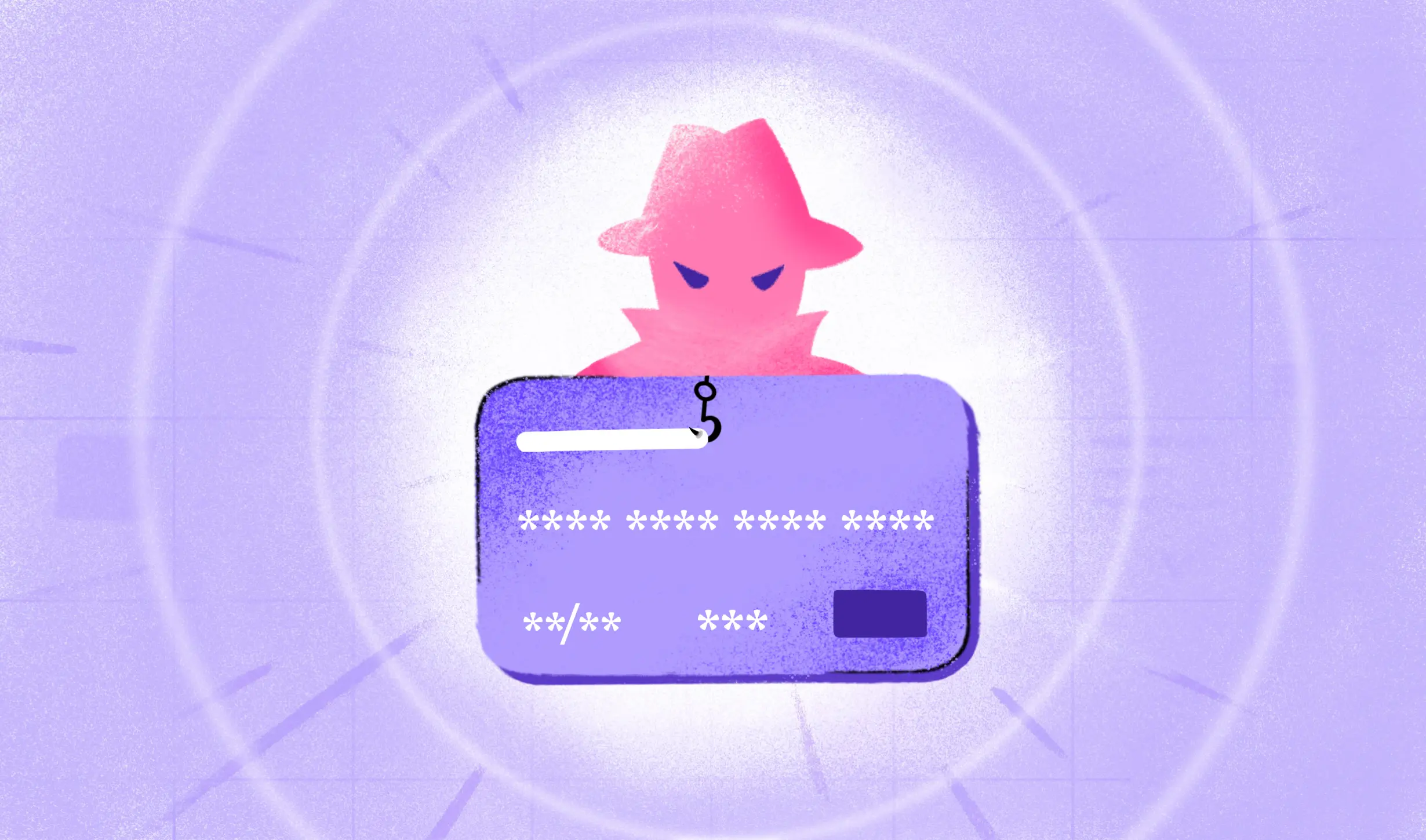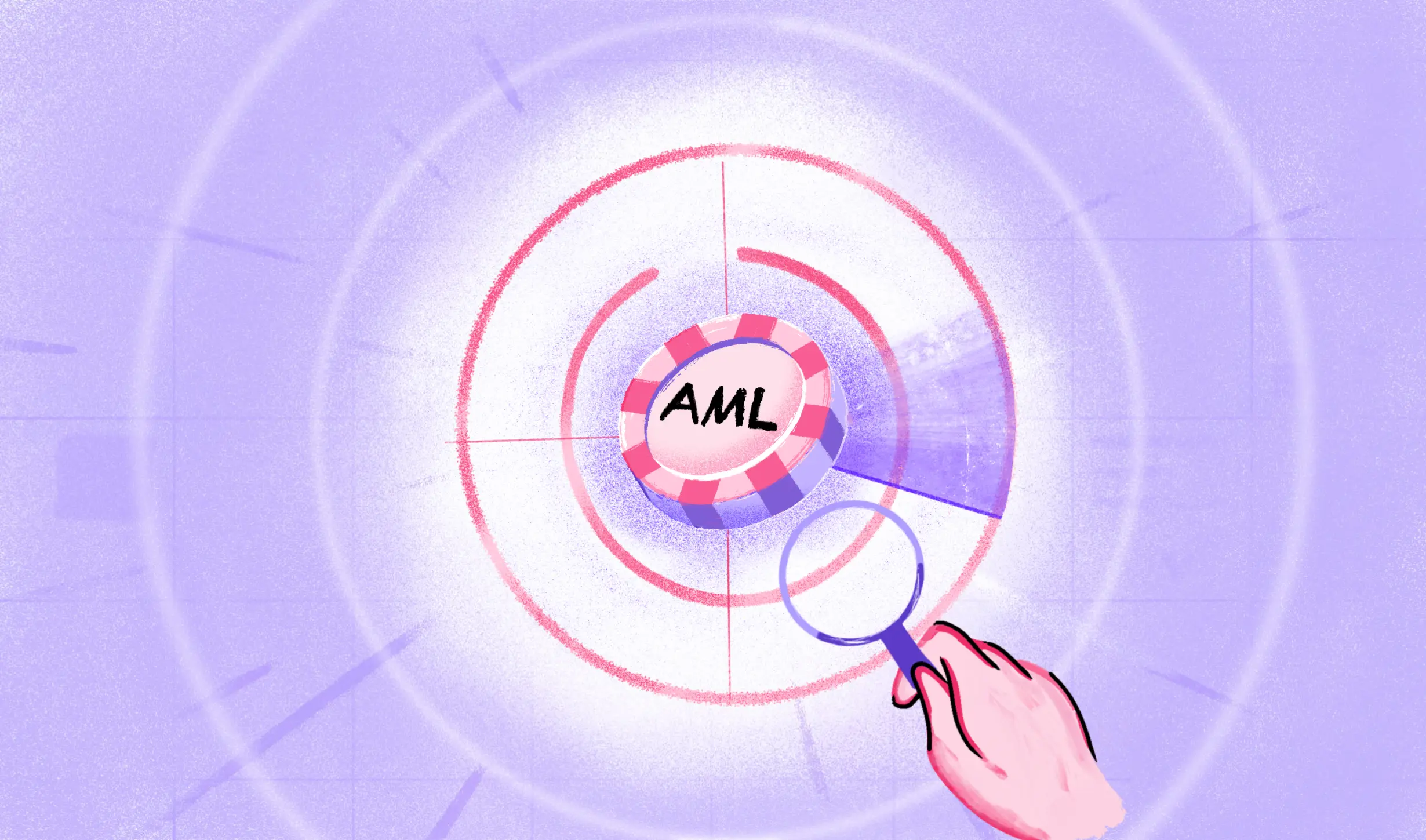Overview of V CIP KYC
V-CIP KYC is a blockchain-based KYC solution that enables individuals and businesses to share their KYC data securely in a decentralized manner. It allows users to control who has access to their KYC data and can revoke access anytime. V CIP KYC also offers a fraud-resistant KYC verification process powered by the Ethereum blockchain.
V-CIP KYC is designed to streamline the KYC process for individuals and businesses. For individuals, V-CIP KYC eliminates the need to provide KYC data to multiple service providers. For businesses, it offers a secure, decentralized way to verify the identity of their customers.
How V-CIP is Carried Out
The V CIP KYC process includes the following steps:
- Collecting and verifying the customer’s identity information
- Determining the customer’s risk profile
- Screening the customer against sanctions and other negative lists
- Monitoring the customer’s account activity
- Updating the KYC information on an ongoing basis Compliance with
V-CIP (Verified Customer Identification Program) is a new customer identification program introduced by the Virtual Currency Industry Partnership (VCIP). The program is designed to help ensure that customers who use virtual currencies are correctly identified and verified.
To participate in the V-CIP, businesses must first complete an online application. Once approved, businesses must provide VCIP with specific customer information, including name, address, date of birth, and government-issued ID number. VCIP will then verify this information.
There are two ways that businesses can verify customer information: online and offline. Online verification can be done through a third-party service provider, such as Jumio or Trulioo. Offline verification must be done in person and requires submitting documents such as a government-issued ID or utility bill.
Once customer information has been verified, businesses will be issued a unique V-CIP ID number for each customer. Every subsequent exchange of virtual currencies involving this number is required.
The V-CIP is voluntary, but businesses participating can show customers that they are committed to meeting Anti-Money Laundering (AML) and Know Your Customer (KYC) compliance obligations.
RBI’s Rules for V-CIP
Specific guidelines have been released by the Reserve Bank of India (RBI) for banks to follow when implementing the Voluntary Customer Identification Programme (V-CIP). The main aim of V-CIP is to promote better customer service and transparency in banks’ dealings with their customers. Under V-CIP, banks must provide certain basic information about their products and services to their customers free of cost. The guidelines issued by the RBI are as follows:
- Banks shall develop and place a system for collecting and maintaining customer information.
- The collected information shall be accurate and up-to-date.
- Banks shall make available the collected information to their customers on request.
- Banks shall disclose the purpose for which the information is being collected from the customers.
- All banks must implement V-CIP by December 31, 2017.
Benefits of V-CIP
There are many benefits to using V CIP KYC for businesses. Here are just a few:
- V-CIP KYC allows businesses to quickly and easily verify the identity of their customers. This can help prevent fraud and protect the business from financial losses.
- V-CIP KYC can help meet legal and regulatory obligations. By verifying the identity of customers, they can help ensure that a user complies with anti-money laundering (AML) and countering-the-financing-of-terrorism (CFT) regulations.
- V-CIP KYC can save time and money. By verifying customer identities upfront, customers can avoid the costly and time-consuming process of conducting manual checks later.
- V CIP KYC provides a consistent experience for customers. Verifying identities electronically can provide a smoother customer experience and improve customer satisfaction.
- V CIP KYC can help build customer trust. Verifying identities can show the customers that the bank takes their security and privacy seriously. This can help build trust and loyalty, leading to repeat business and referrals.
Conclusion
V-CIP KYC is a new way for businesses to verify customer identity. It is fast, reliable, and secure, making it an ideal solution for businesses that need to verify customer identity quickly and efficiently. The V-CIP KYC is a great way to protect users’ online identity and personal information. By verifying the identity and personal information, Banks can help keep online activity safe and secure. Hope this article has helped and provided information about the V-CIP KYC process and how it can help a customer stay safe online.
FAQs
What is V-CIP KYC?
A new Know Your Client (KYC) solution called V-CIP KYC uses blockchain technology to speed up financial organizations’ customer due diligence procedures. It allows financial institutions to share information about their customers securely and efficiently, without compromising customer privacy.
How does V-CIP KYC work?
V-CIP KYC works by creating a shared database of customer information on a blockchain platform. Financial institutions can contribute data to this database, which can then be accessed by other participating institutions. This allows for a more efficient and effective KYC process, as all institutions can access the same information about a customer.
What are the benefits of V-CIP KYC?
There are numerous benefits of V-CIP KYC for both financial institutions and customers. For financial institutions, it provides a more efficient and effective way to carry out customer due diligence, saving time and resources. For customers, it reduces the need to provide their personal information to multiple financial institutions, as well as increases privacy and security.
To what extent is the information disclosed by me protected?
The information provided is protected to the fullest extent possible under applicable law. The banks will not sell, trade, or rent personally identifiable information to any third party without prior consent.

 US
US
 IN
IN









